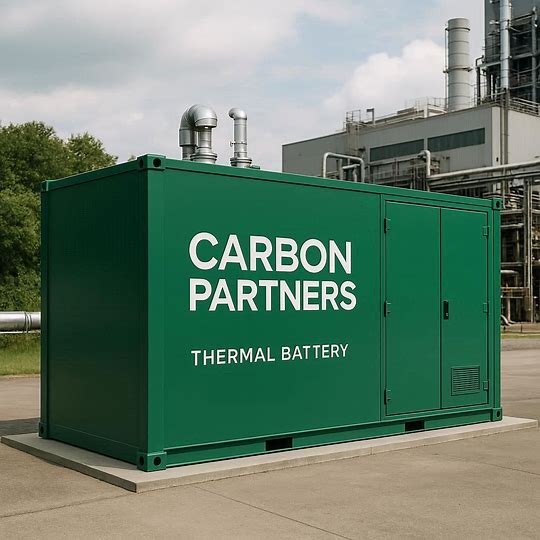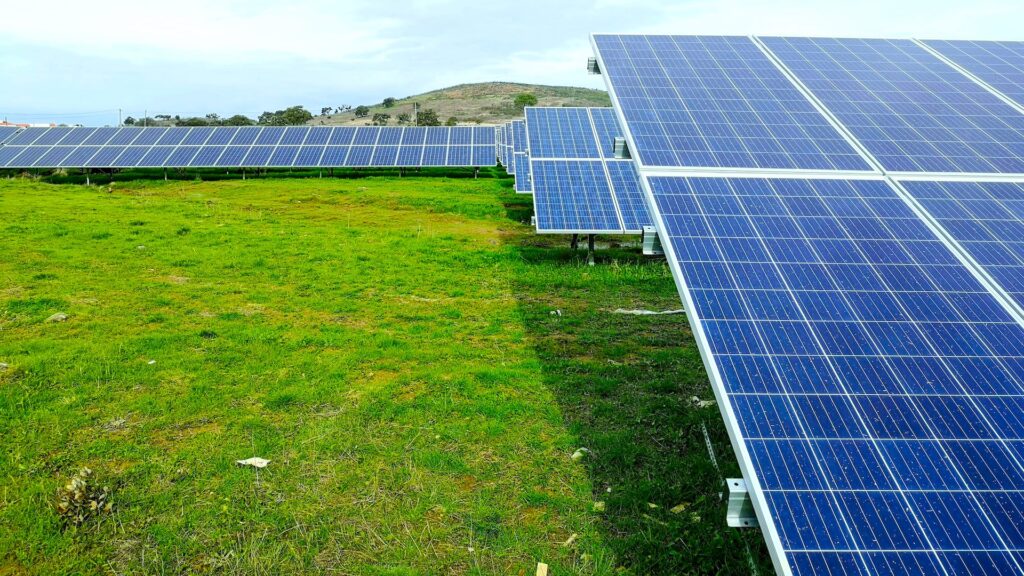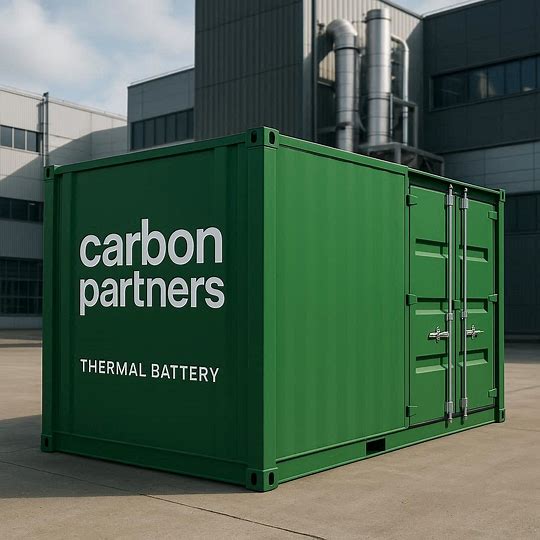Introducing Project Thermal: Powering New Zealand Industry with Renewable Heat
At Carbon Partners, we are excited to announce Project Thermal – a bold new initiative aimed at transforming how New Zealand industry uses energy.
Industrial facilities across Aotearoa rely heavily on fossil fuels to produce high-temperature process heat, from food production to metals processing. At the same time, our country generates abundant renewable electricity, but its intermittent nature makes it challenging to use directly in facilities that need a constant supply of heat. Project Thermal seeks to bridge that gap.
The Vision
Project Thermal aims to create a common conversion pathway for New Zealand manufacturers to move from gas-fuelled process heat to affordable, renewable energy alternatives. Rising natural gas prices and supply constraints put many businesses at risk, and thermal batteries offer a practical way to store renewable energy as high-temperature heat on demand.
The project will focus on an initial real-world case study with North Island manufacturers that requires high-temperature process heat. This trial will demonstrate the business case for converting from gas to renewable-fuelled process heat and explore possible investment and financing options to support adoption.
How the Project Works
To deliver this, Project Thermal incorporates several key steps:
- Energy Audit & Pre-Feasibility – Quantify the manufacturing site’s specific energy profile and requirements
- Technology Matching – Compare the energy audit with available and future thermal storage and conversion technologies to assess suitability and economic viability.
- Business Model Options – Explore investment and financing pathways that make the transition viable for the participating business, from outright purchase to leases or long-term PPAs.
- Reporting and Presentation – Share results publicly (with appropriate redactions) to encourage broader industry adoption and demonstrate practical solutions.
- Consortium Development – Build collaboration with industrial, energy, and technology partners to support trials and enable scalable adoption across New Zealand.
Participating businesses provide technical and economic input, and where internal capability is limited, Carbon Partners will engage trusted third-party analysts.
Building a Consortium
Project Thermal is being developed in collaboration with a broad consortium of industrial and energy partners, bringing together expertise in:
- Industrial process design and heat demand management
- Renewable energy integration and electricity-to-heat systems
- Thermal storage design and manufacturing
- Project development, trial deployment, and data analysis
This approach allows the project to tailor solutions to local conditions, trial them in real facilities, and generate insights that can accelerate adoption across New Zealand.
Global trends in thermal battery development:
- Very large systems (300MWh+) are being deployed overseas due to economies of scale and investor appeal.
- Large volumes store heat more efficiently, but may not suit smaller, mid-scale industrial users.
- New Zealand’s industries typically need 100–200 MWh (daily) systems – right-sized, modular solutions that fit local energy needs and budgets.
Locally Made Thermal Batteries
A key focus of Project Thermal is identifying the potential, process and partners needed to develop and trial thermal batteries in New Zealand. Unlike the very large systems being deployed internationally, Carbon Partners’ batteries are designed for mid-sized industrial users, providing:
- Reliable storage of renewable electricity as heat
- Efficient delivery of high-temperature process heat
- Flexibility for a range of industries including food processing, timber, and metals
By keeping design and manufacturing local, Project Thermal ensures solutions are practical, cost-effective, and deployable across New Zealand.
Supporting Industrial Transition
Project Thermal also includes:
- Engagement with industrial users to understand the impact of rising gas prices on production viability
- Liaison with finance and capital providers to assess investment opportunities
- Assessment of offshore thermal battery manufacturers for installation feasibility in New Zealand
- Financial modelling of energy costs and payback for conversion
- Review of NZ certification and consent requirements for heat batteries
- Communication of findings in ways that respect commercial sensitivity while encouraging wider adoption
Through these steps, Carbon Partners is ensuring that renewable process heat is not just possible, but economically viable for New Zealand businesses.
Conclusion
Project Thermal represents a new chapter for industrial energy in Aotearoa. By combining local innovation, renewable electricity, and industrial collaboration, Carbon Partners is leading the way toward low-emissions, resilient, and future-ready industrial heat.
Stay tuned to the Carbon Partners Articles page for updates as Project Thermal progresses through trial deployments and begins shaping the future of industrial heat in New Zealand.




